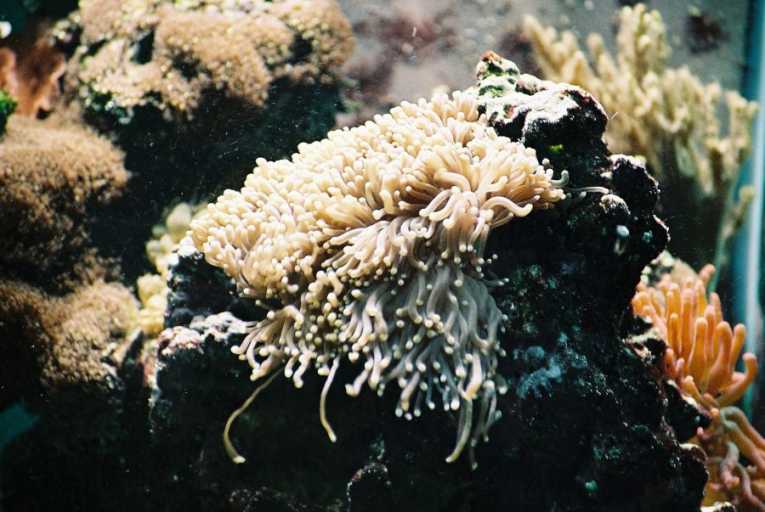New research puts the entire life cycle of coral reefs at risk from acidification of the oceans.
This is the first study to look at the impact of acidifying oceans on the reproductive cycle of corals, though its disastrous effects on the ability of marine creatures to build their calcium carbonate skeletons and shells is well known.
Manmade CO2 does more than just warm the planet, more of it is finding its way into the world's oceans as they absorb some of the excess atmospheric carbon dioxide.
The gas forms carbonic acid when it dissolves in sea water and is progressively making the oceans more acidic. The scale of the impact on marine life is only just beginning to be understood.
Lead researcher Rebecca Albright of the University of Miami's Rosenthiel School of Marine and Atmospheric Science looked at the effects of worsening acidification on the successful fertilisation, recruitment of young endangered elkhorn coral larvae in the Carribean.
"Less successful fertilisations, mean less of a larval supply that can settle, successfully grow and survive, and form new reefs. This will have a devastating impact on coral recruitment overall," says Albright, "We are already losing corals at an unprecedented rate due to disease, bleaching, and hurricanes." Acidification could be the final nail in the coffin of already stressed reefs.
Coral reefs are not just gorgeous and complex ecosystems, they have economic value to their adjacent communities benefitting tourism, diving, and directly and indirectly supplying commercial fisheries.
Reefs also play an important role in coastal protection. In the US alone their annual benefit is estimated at $30 billion, while a 2003 study estimates their annual value worldwide at $375 billion.
A 2009 United Nations Environment Programme report into ocean acidification projects that acidity of the seas will more than double in the next 40 years, a rate one hundred times faster than anything seen during the past 20 million years.
The last time that similar events happened was 50 - 55 million years ago due to massive underwater eruptions depositing gigatonnes of CO2 into the atmosphere, and resulted in mass marine extinctions.










